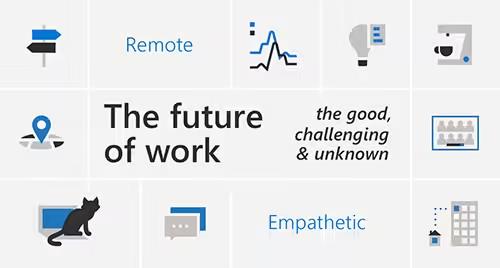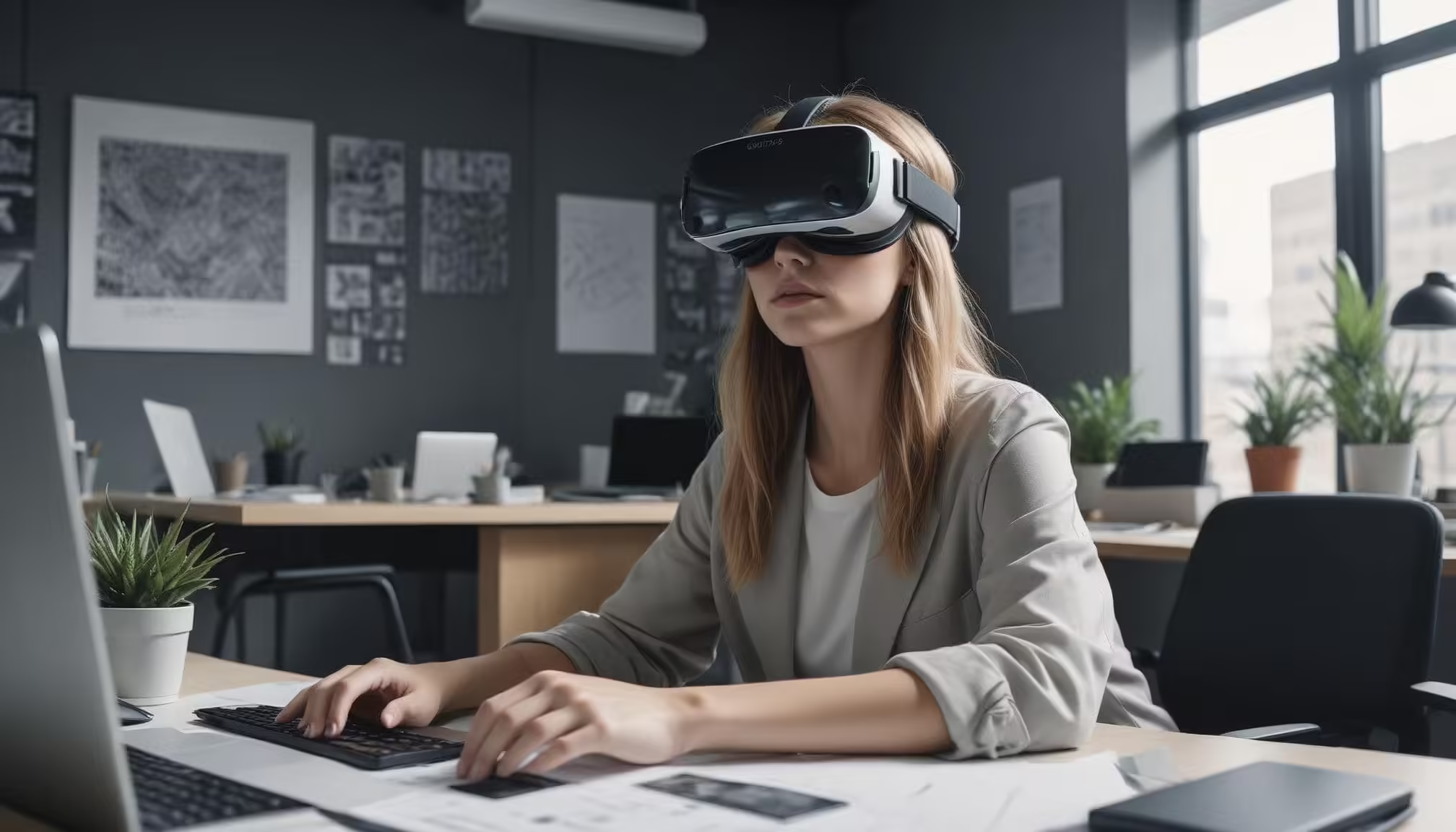The concept of the metaverse, a collective virtual shared space, has captured the imagination of technologists and futurists alike. As this digital universe continues to evolve, it is poised to revolutionize the way we work and collaborate. One particularly exciting application lies in the realm of virtual reality (VR), which offers the potential to create immersive workspaces that transcend traditional boundaries.
The Power of Immersive Workspaces
Immersive workspaces leverage the power of VR technology to transport users into digital environments that mimic real-world settings. These virtual offices, meeting rooms, and collaborative spaces offer a range of benefits that can enhance productivity, creativity, and overall job satisfaction:
- Enhanced Collaboration: Virtual reality enables teams to collaborate seamlessly, regardless of their physical location. By sharing a common virtual space, colleagues can engage in real-time discussions, brainstorming sessions, and project reviews, fostering a sense of connection and teamwork. [Image Description: A diverse group of avatars collaborating on a virtual whiteboard in a futuristic virtual office.]
- Enhanced Productivity: Immersive workspaces can minimize distractions and optimize focus. By creating a dedicated virtual environment, employees can shield themselves from external interruptions and maintain a high level of concentration. Additionally, VR tools can streamline workflows and automate routine tasks, freeing up time for more strategic and creative endeavors.
- Enhanced Creativity: Virtual reality can spark innovation by providing a platform for creative expression and experimentation. Users can design and prototype ideas in immersive 3D environments, visualizing concepts in a way that traditional tools cannot. This can lead to groundbreaking solutions and breakthrough innovations.
- Enhanced Training and Development: Immersive workspaces can be used to create realistic training simulations, allowing employees to practice skills in a safe and controlled environment. This can be particularly beneficial for industries such as healthcare, aviation, and manufacturing, where hands-on training is essential.
The Future of Work: A Blend of Physical and Virtual Spaces
As VR technology continues to advance, we can expect to see a growing integration of virtual and physical workspaces. Hybrid work models, which combine remote and in-person work, will become increasingly common, and VR can play a crucial role in bridging the gap between these two worlds.
For example, employees may use VR to attend virtual meetings from the comfort of their homes, while also collaborating with colleagues in a shared virtual space. This can provide the flexibility and convenience of remote work while maintaining a strong sense of team cohesion.

Challenges and Considerations
While the potential benefits of immersive workspaces are significant, there are also challenges to overcome. One key concern is the potential for motion sickness and eye strain, which can be alleviated through careful design and user experience considerations. Additionally, ensuring accessibility for individuals with disabilities is essential for creating truly inclusive virtual environments.
Furthermore, as the metaverse continues to evolve, it is crucial to address ethical considerations, such as privacy, security, and digital identity. Striking a balance between innovation and responsible development will be vital to harnessing the full potential of this technology.
Conclusion
The metaverse and virtual reality offer a glimpse into the future of work, where immersive experiences can transform the way we collaborate, innovate, and learn. By embracing these technologies, organizations can create more engaging, efficient, and productive workspaces that empower employees and drive business success.
Helpful Resources:

